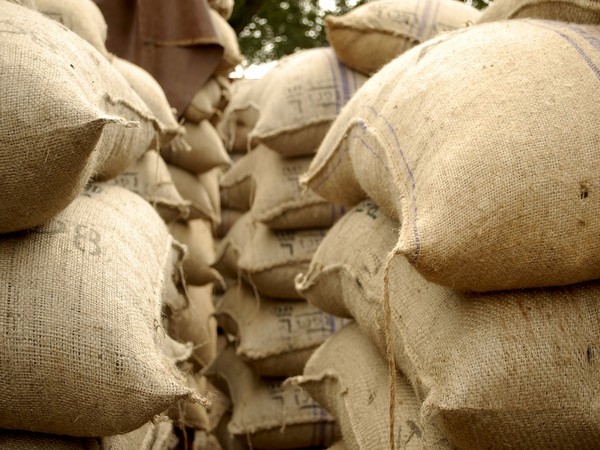Pakistan: Containers packed with essential items held up at Karachi port amid forex crisis
Banks are refusing to issue new letters of credit for importers due to a shortage of dollars. This has hit the economy which is already suffering due to soaring inflation in the country.

- Country:
- Pakistan
Thousands of containers packed with essential food items, raw materials, and medical equipment have been held up at the Karachi port as the country undergoes a foreign exchange crisis, reported Pakistan-based The Express Tribune newspaper. Banks are refusing to issue new letters of credit for importers due to a shortage of dollars. This has hit the economy which is already suffering due to soaring inflation in the country.
"I have been in the business for the past 40 years and I have not witnessed a worse time," said Abdul Majeed, an official with the All Pakistan Customs Agents Association, as quoted by The Express Tribune newspaper. Majeed was speaking from an office near Karachi port where containers packed with lentils, pharmaceuticals, diagnostic equipment, and chemicals for manufacturing industries, are waiting for payment guarantees.
Maqbool Ahmed Malik, chairman of the customs association said that: "We've got thousands of containers stranded at the port because of the shortage of dollars." He added that operations were down by at least 50 per cent. Pakistan State bank's forex reserves fell to less than USD six billion this week, the lowest in nine years. According to analysts, the reserves are enough to pay for around a month of imports.
Amid the faltering economy and depreciating currency, the Pakistani rupee continued to lose its value against USD, falling to Rs 227.88 against the dollar in the interbank market, reported The Express Tribune. The fresh drop came after the government failed to make any headway in its talks with the International Monetary Fund (IMF) for the revival of its stalled USD 6.5 billion loan program.
The domestic currency has cumulatively lost 4.42 per cent (Rs 10.09) of its value in the last three months, compared to Rs 217.79 in early October Finance Minister Ishaq Dar has tried to artificially control the rupee value in the interbank market, which was also one of the leading reasons behind the delay in the resumption of the IMF program. The lending institution has asked the government to let market forces (commercial banks) determine the rupee-dollar parity, reported The Express Tribune.
The dwindling foreign exchange reserves have forced the government to curb imports, badly impacting economic activities in the country. A number of industrial units have either closed partially or completely amid the non-availability of imported raw materials. (ANI)
(This story has not been edited by Devdiscourse staff and is auto-generated from a syndicated feed.)
ALSO READ
France Uncovers Pakistan's Troubling Ties with Jaish-e-Mohammed
Security Measures in Place for Cricket Tri-Series in Pakistan
Escalating Violence: Pakistan Security Under Siege
Deadly Militant Strike in Northwest Pakistan
Deadly Attack on Pakistani Check Post: A Security Breach in Khyber Pakhtunkhwa










